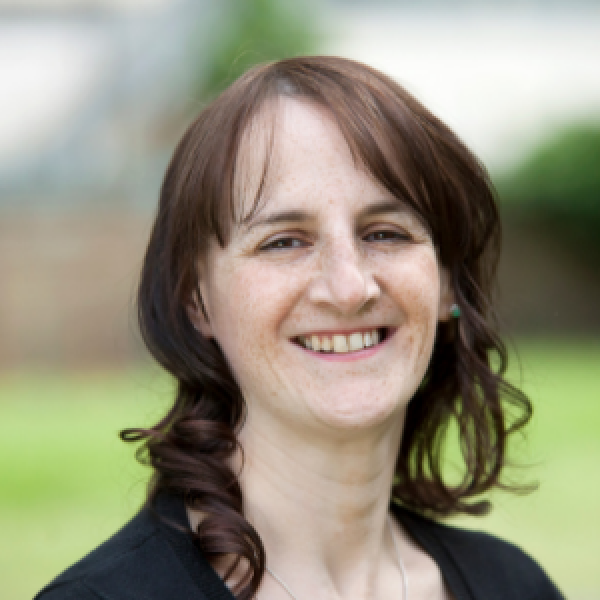Monitoring cervical cell changes
Last modified: 20 May 2025, 19:58
Your colposcopy team may suggest cervical cell changes (abnormal cells) are monitored, instead of treated. This means you would be invited back for follow up appointments at your GP surgery or the colposcopy department to check the cell changes have cleared or got better.
Key facts about monitoring cell changes
Monitoring is when cell changes are not treated – instead, your doctor or nurse will keep a close eye on them.
It means going back to colposcopy or your GP surgery to make sure the cell changes have cleared or got better.
Monitoring appointments usually happen every 6 months or every year, depending on the type and grade of cell changes.
Monitoring is usually only recommended for CIN1 and sometimes CIN2.
What is monitoring?
Monitoring is when cell changes are not treated. Instead, you are invited back for an appointment at your GP surgery or the colposcopy appointment department. This is to check the cell changes have cleared or got better, and that they not getting worse (progressing).
Monitoring is sometimes recommended instead of or as another option to treatment. The recommendations your colposcopy team make will be based on:
the type and grade of cell changes
your personal situation – for example, age and medical history.
Monitoring is usually only recommended for:
CIN1
CIN2 , in some cases.
What happens at monitoring appointments?
At your monitoring appointment, you will have follow up tests. These tests will depend on the type of cell changes you have.
Monitoring for CIN1
Most cases of CIN1 are monitored rather than treated . This is because it is more likely these cell changes will stay the same or go back to ‘normal’, rather than progress to a higher grade or cervical cancer.
Read about the progression and regression of cell changes >
You will be invited for a monitoring appointment 1 year after your colposcopy. This is usually at your GP surgery or at the colposcopy department in the hospital. You will have cervical screening (a smear test), which will check for high-risk HPV:
If you don’t have HPV – You will be invited back for cervical screening in 3 years, whatever your age.
If you have HPV – Your sample will be checked for cell changes. It may show you no longer have cell changes, but you should still be invited back for colposcopy. This is just to make sure the cell changes are definitely gone.
Remember that your colposcopy team will make recommendations based on your personal situation. They will only recommend monitoring if it is safe for you.
Monitoring for CIN2
Your colposcopy team may recommend that you are monitored for CIN2. This is sometimes called ‘surveillance’ or ‘conservative management’. Monitoring is offered because many cases of CIN2 will stay the same or go back to ‘normal’, rather than progress to a higher grade or cervical cancer .
Read about the progression and regression of cell changes >
Current health guidelines on monitoring CIN2 says it can be offered if:
colposcopy has shown CIN3 or cervical cancer is not present
the CIN2 is in less than half of the cervix
a group of doctors and nurses (multidisciplinary team or MDT) have talked about your situation and agreed on recommendations
you are comfortable with the monitoring plan, including understanding that CIN2 can sometimes take 2 years to regress .
You will be invited for a monitoring appointment 6 months after your colposcopy. This will be at the colposcopy department in the hospital. It will usually involve a visual examination and a biopsy, like your original colposcopy appointment. You may also have a cervical screening test:
If the CIN2 is gone or has regressed – What happens next will depend on your exact result. Your colposcopy team will let you know what other appointments you need.
If the CIN2 has stayed the same – You will be invited back to colposcopy in 6 months.
If the CIN2 has progressed – CIN2 may progress to CIN3. If this happens, your colposcopy team will offer you treatment.
If CIN2 has stayed the same for 2 years, your colposcopy team will offer you treatment. It is important you feel comfortable and involved in any decisions, so try to ask all the questions you need.
Read about treatment for cell changes >
Benefits and risks of monitoring
Your colposcopy team should talk through all options for managing cell changes with you, including monitoring or treating. As part of that conversation, they should explain the risks and benefits of the different options.
The benefits of monitoring:
You do not have to have treatment. This means you avoid any physical or emotional impacts of treatment that some people experience.
The possible risks of monitoring:
Cell changes may progress to a higher grade. Going to regular monitoring appointments helps to reduce this risk.
You have to go to more GP or colposcopy appointments. We know that, for some people, this can be difficult or distressing. We have tips to make gynaecological appointments better that may help >
It is important to understand the benefits and risks of any options for managing cell changes, and that you feel comfortable with your decision. Your colposcopy team are the best people to talk to as they know your personal situation, but you may also find it helpful to talk with others on our Forum or call our Helpline on 0808 802 8000.
83% of
women feel less worried after calling our
Helpline.
Help us keep our
vital support services running by
donating £20 to fund a call to our
Helpline.
What happens after cervical screening?
>
Find out how
cervical screening samples are
tested.

We’re here for you
Talk to someone
about how you’re feeling, or connect
with others on our Forum.
